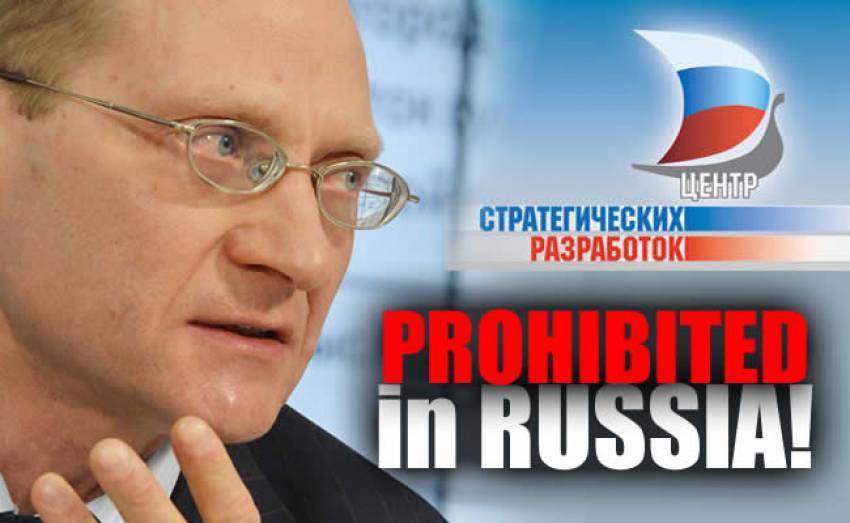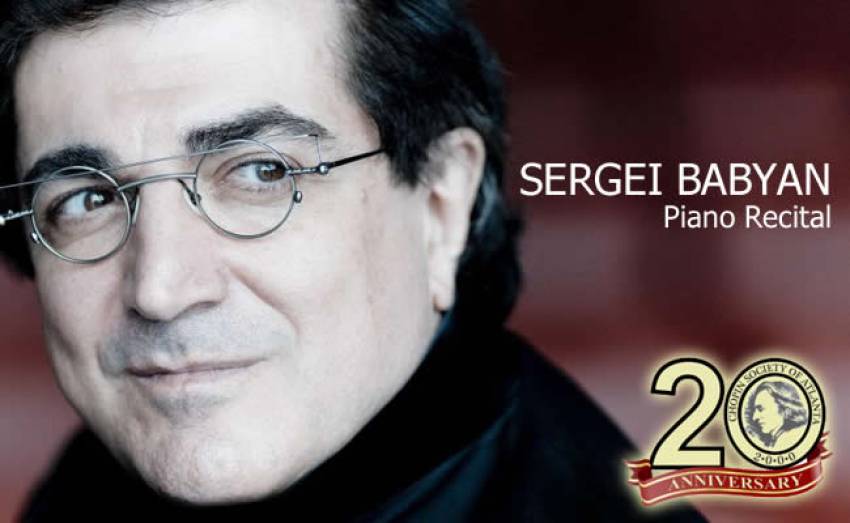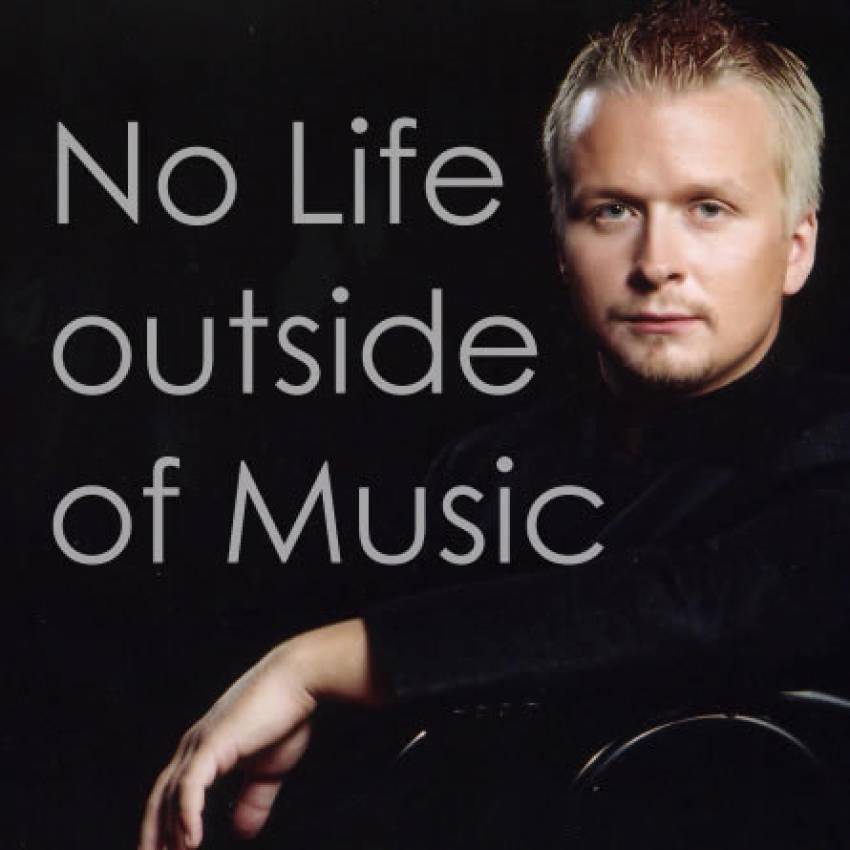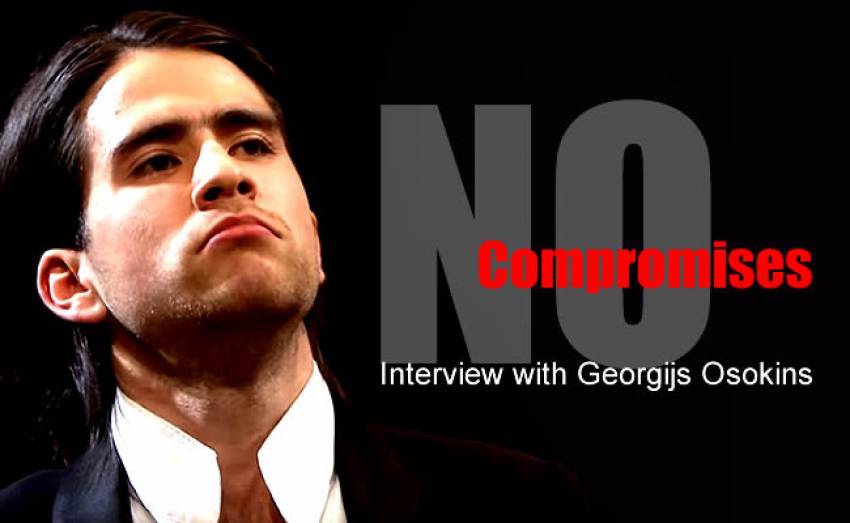
Introduction
The present article is based on the cycle of research conducted by CSR (Center for Strategic Research) in 2011-2013 (Dmitriev M., Belanovskiy S., Misikhina S., Nikolskaya A.; 2011; 2013). The last research was not published in connection with the following political events (Olympic games, Ukrainian events) which dramatically affected the dynamics of Mr. Putin's rating.
All the research were dedicated to studying of political attitudes of Russian population, the dynamics of those attitudes, and the attempts of the explanation of them.
In their first report the CSR experts had predicted not only the declining of Mr. Putin's rating in 2011, but also mass protests.
In two posterior reports the main attention was paid to trying of explanation of phenomenon of Putin's rating which, despite of the serious declining, stabilized at a high level yet.
Within short time Putin's rating had begun to drop rapidly. Many experts had expected its further declining. However since the last quarter of 2012 the rating stabilized at the level approximately 43% and was keeping till the end of 2013 (FOM, http://bd.fom.ru/map/dominant). That phenomenon needed to be explained. With the aim of that explanation the research was conducted in May-June, 2013. From the point of view of CSR experts, we found the factor which stopped dropping of the rating and was keeping it during many months.
I. Factor of national identity as a crucial aspect in the formation of Putin's rating
We understood that there are two factors which affect Putin's ratings differently.First factor is socio-economic, that determines level and quality of living. At the beginning of his ruling Mr. Putin got a huge credibility associated with the expectations of rapid growth in the living standards. Those expectations had been met and living standard had increased. This effect had been achieved due to increasing oil price. Economic crisis of 2009-2010 stopped that trend. Although later living standards have recovered till the pre-crisis level, there was a change in the dynamics of improvements, specifically – growth of living standards was almost over, and even began to decrease in some regions.
Particular note is not only standard of living, but also the quality of life. Corruption is rampant in Russia. The population faces with it in two forms: domestic corruption (police, medicine, education, etc.) and the corruption scandals in the highest levels of government. Corruption scandals become famous due to mass media. Those scandals shock the population by not the fact of its occurrence, but the fact that they have come to nothing. Nobody bears responsibility. According to many researchers corruption is deeply traumatic for the public consciousness of Russians.
Declining of Putin's ratings was to a large extent due to these social-economic factors. Focus groups respondents said about low standard of living, difficulties with employment, the poor quality of medical care and education. They considered it as an aftermath of corruption which nobody fought with.
We found that in 2012-2013 all those negative for Putin's rating factors continued to operate. People claims to power were intensifying.
Coming from the above the conclusion seemed to be logic that Putin's rating should have been getting lower. However, it did not happened.
Meanwhile, prior to this, the second factor, oddly enough, almost did not fall into the field of view of researchers.
It should be noted that claims of social type to the government sounded in focus-groups spontaneously. Those claims confused the researchers. Nonetheless, using of psychological methods let us find strong latent component which stopped dropping of the rating and lead it to the sharp growth on the backdrop of the following events which will be described below. We called that component “patriotic factor”.
Perceptions of the actual and an ideal President’s image by the population were studied in psychological focus groups using a projective methodology.
Psychological methods let us identify that patriotism of Putin is expressed in the fact that he, unlikely Yeltsin and Gorbachev, in respondents' opinion, has never betrayed national interests of his country, kept the leftovers of state might (territorial integrity of Russia, prevention of civil war) but he has not ensured the rule of law and has not rebuilt economy.
Overall, the respondents perceived the President as energetic, ready to act, running contrary to expectations of the masses, able to defend his point, fearless and patriotic, suspicious, adamant about his beliefs, consistent and persistent, not caring about the opinions of others, self-assured.
Herewith, an ideal presidential candidate should have not only promised social and economic benefits, but should have also been seen as a true patriot who had understood where the country had been heading, emotional empathic with his people. Finally, he should have been ready to share all the difficulties with his people and unselfish by his nature.
Putin did not fully correspond to this concept, and hopes for successful future development of the country were linked with him more and more seldom. However, there was no politician in the current political arena that would have embodied patriotic features better than him. Perhaps that was the most important reason for the lack of alternatives to Putin.
Thus, we found that while Putin’s proponents were integrated by a concept of patriotism, his opponents were devoid of a clear unifying idea. Although the protesters spoke consciously about social demands and the rule of law without mentioning patriotism, they, being testing with using projective methods, expressed their patriotic feelings. Therefore, this patriotic component was meaningful for them as well.
The secret of Putin’s charisma was that he embodied the demand for patriotism (at least partially), while people were already disillusioned with him in relation of social demands.
Analyzing results from our focus groups helped to formulate two concepts: the “Russian dream” and the “Russian nightmare.” The Russian dream is the best, the fairest, the most humane state in the world, a model for other countries and nations, where no one offends the other, where the best science, health care, industry in the world exist and the Russian army is so strong that it insures peace around the world. The Russian nightmare is a country ruined by economic decline, swarming with invaders and constant in-fights.
The above ideological constructs helped to better formulate Putin’s patriotism: most probably respondents believed that he was not bringing Russia closer to the “Russian dream,” but at the same time prevented the “Russian nightmare.”
The last, unpublished, research was held in December, 2013, when Putin's rating was declined to 37% (FOM, http://bd.fom.ru/map/dominant). It was found that the same two factors continued to impact the dynamics of rating. Wherein, socio-economic factor was amplifying. It seemed that the balance would be broken, and Putin's rating began to drop.
It seemed to be important for us that we could hear the same request the patriotic component and strong state. To the question of our Moderators: “How is patriotism supposed to be expressed by authorities?” we often received the answer: “Like in the USA. They never leave any American in trouble”.
That made us conclude that the balance between socio-economic and patriotic factors began to break. From one hand the the effect of socio-economic factor enhanced, from the other hand, Putin's image as the patriotic politician started to fall under degradation.
Being supported by the set of those findings, we came to the conclusion that any event associated with some kind of rescue operation of compatriots would raise Putin's rating significantly as such an operation would work for strengthening of national identity.
That research was the last before the Olympics and the Ukrainian events. At the time of the survey the relation to the Olympics was mostly negative, due to the very high costs and corruption scandals that accompanied its preparation.
Events in Ukraine at that time of the study were perceived by the population with suspicion and negativism. However, nobody perceived those events like something directly related to Russia.
II. Events in 2014 and their impact on the national identity of Russian population
The main events of the current year for Russian publics are: Olympic games, joining the Crimea to Russian federation, and the war in the Ukraine.1. The 2014 Winter Olympics
XXII Olympic Winter Games, were a major international multi-sport event held in Sochi, Russia. The games were held from 7-23 February. The host nation, Russia, became the winner. Russian sport team got 13 gold, 11 silver and 9 bronze medals, that was more than any other country-participant.
For most Russians successful performance of the Russian national team was unexpected. The victory at Olympics overshadowed the previous negativism. The dawn of national identity started at that time, that affected Putin's rating which increased to 46% again (FOM, http://bd.fom.ru/map/dominant).
2. Crimea
Incorporation of the Crimean Peninsula into Russian Federation on the 21-st of March, 2014 eclipsed the Olympic effect and rose Putin's rating to unprecedented height – 64% (FOM, http://bd.fom.ru/map/dominant).
Russian national pride has been satisfied. The wave of patriotism has turned into ninth wave.
Besides, two circumstances were especially pleased with Russians:
- Almost bloodless nature of the operation, even though in the media it was presented as completely bloodless[1].
- In Russian consciousness Crimea plays a huge role. Crimea is of great importance in the history of Russia. A lot of Russians, especially, middle-aged and senior people, have nostalgic memories about their rest in Crimea when it was a part of USSR and there was no possibility of going to overseas resorts.
The people who tried to warn about possible negative aftermath of such the incorporation were called «a fifth column”. On the 18-th of March Mr. Putin gave a speech at the St. George Hall of the Kremlin. Among other things he said: «Some Western politicians have made us afraid, not only sanctions, but also the prospect of worsening internal problems. I would like to know what they have in mind: the actions of some fifth column - a different kind of "national traitors". Or do they expect that they will worsen the socio-economic situation in Russia, and thus provoke the people's discontent?”
3. Ukrainian war
The war in south-east of the Ukraine additionally rose Putin's rating to 68-70% (FOM, http://bd.fom.ru/map/dominant). At first the war was accompanied by unprecedented media campaign the aim of which was to promote patriotism among Russian population. Moreover, through mass propaganda the government has managed to make the United States responsible for the events in the Ukraine. If before the beginning of the war in the Ukraine the aggression of the population was directed to migrants and federal and local authorities, then with the beginning of the war the aggression has been redirected to the USA. The topics of migrants and authorities disappeared not only from television, but also from the Russian Internet and everyday talks.
III. First signs of changing in political attitudes of Russian population
Now, in 8 months after December Research, the author, who was a member of the team of researchers, will try to comment some changes, which have occurred since January, 2014 to the present time, in political attitudes of Russian population.On the base of the entire set of research data, including the latest, I will make an attempt to predict the dynamics of Putin's rating in Autumn, 2014, and give a cautious outlook for further dynamics of Russian political attitudes.
Unfortunately, in April, 2014, CSR ceased to exist in the former structure (Barry E., 2014;http://all-rss.com, 2014 ). In connection with that the author on her own initiative held four focus groups in Moscow (1 – middle-aged, university degree; 2 – middle-aged, college degree; 3 – pensioners, university degree, 4 – young people, university degree) at the end of August, 2014.
According to our opinion,focus-groups have a predictive power compared with the quantitative survey. Forecast horizon may be approximately 6 months. The basis for prognosis is the appearance of new statements in which had never been sounded before. And, if in different focus-groups the same thoughts start to sound, even in a small percentage, it is a symptom, indicating the appearance of a new trend (Belanovskiy, S.; 2011).
Putin's rating has been keeping at the very high level 70% since the beginning of April to the end of August, 2014. Thus, quantitative surveys show that the trend to increasing has stopped. There is an opinion of many experts that sush high ratings may not last long.
On the base of data received in my focus-groups I consider that new equilibrium of the high rating of Putin is on the eve of the collapse, that, in its turn, means that there are some signs of changing of political attitudes of the Russian publics.
Let us turn to the data obtained in the focus groups.
To the question: “What do you think about incorporation of Crimea?” I had the following percentage distribution of the responses:
- half of respondents consider the event as positive and approve the government policy:
- besides, there was an opinion that it would be good, if we could avoid economic sanctions.
- Finally, more than 1/3 of respondents consider the event as negative, first of all due to tension in international politics. Those respondents say that they agree with the term “Annexation” used by the United States and European Union in relation to Russian policy in Crimea.
Young people and senior people are proponents of Russian policy in more degree than middle-aged people.
Above I noted that for most part of senior people in Russia, Crimea has an important emotional significance, since: 1) it was a part of USSR; 2) it plays an important role in Russian history; 3) they have nostalgic memories about their vacations in Crimea, when the rest abroad was impossible.
As for the opinion of most part of Russian youth, it seems to me that it can be explained by an idealization of USSR.
To explain that point, I shall refer to the above mentioned study conducted in December, 2013. Then we identified age differences between the assessment of USSR. In fact, the youth estimated USSR higher than the other age groups. In order to explain this phenomenon the following hypothesis was put forward. Russian youth had never lived in USSR and know about it from the talks of their parents whose childhood was the time of the late Soviet Union, when life was easier and safer than in Russia in 90s. At the same time from their grandparents' talks young Russian people know about strong and influential superpower which USSR was in 50-60s years of XX century. Thus, idealization of USSR, that needed for maintenance of the national identity and national pride on the backdrop of the deteriorating economic, political and social situation, was taking place in Russia 8 months ago. Coming from the last data obtained, I would assume that for young people such kind of territorial expansion independently on how it may call – incorporation or annexation – means the strengthening of their country and causes the raise of national pride. A significant role in creation of that opinion Russian media play.
- It's very important for Russia that Crimea is ours now. We can place and use our navy in the Black sea. We can go to vacation there and know that we are in our country – (a woman, 26 years old);
- Why do Americans do whatever they want and everything is let for them? Why should we be worse? Our weaponry is not worse anyway, may be even better. Should we endure their behavior in all over the world? Just look! Each country where they brought their so called democracy is ruined now. And we had never done something like that. We just helped Crimean Russians who suffered from Ukrainian nationalists – (a man, 24 years old);
- That's amazing that we forced all over the world to reckon with us. And we did it without any shot! Just show everybody that we are ready to guard Russian interests and interests of Russians – (a woman, 23 years, old);
- I think it's a first sigh for the world that Putin will revive Russian empire soon. And that, new, Russia will be even stronger than Soviet Union – (a man, 22 years old).
In the middle-aged groups I had the following contribution of responses: the Russian policy in Crimea is approved by a little less than half respondents in the group with college degree, and 1/3 respondents in the group with university degree.
In the group with college degree half respondents doesn't approve that policy because of the economic sanctions. If there were not the sanctions, they would approve incorporation of Crimea.
In the group with university degree only 1 respondent shares this point of view. Most of respondents of that group consider incorporation of Crimea as a mistake and/or lack of responsibility of Putin.
- Irresponsible decision made in favor of Putin's ambitions - (a woman, 45 years old);
- From the point of view of international politics it is wrong. We first cry, when the United States interfere in the sovereign affairs of other countries, and behave as well – (a man, 48 years old).
And again, to explain the phenomenon that most of middle-aged respondents with university degree in Moscow are against the incorporation of Crimea, I need to turn to the data obtained in December.
It was found then that willingness of people to protest and fight for concrete improvements in living standards was growing. It seemed us interesting, that social protest tended to enhance when moving along the axis from the center to periphery. We wrote in December report that protest meeting that were organized at Bolotnaya square in Moscow were not approved in periphery. In perception of most Russian people all Muscovites are rich and satiated. They protest because they have a lot of free time while the entire country is forced to work to support Moscow.
That is why most of Russians are ready to fight for concrete improvement of standard of living, whereas abstract ideas of civil liberties are far and vague for them. At the same time Muscovites, especially well-educated, do not experience real everyday hardships, indeed and are ready to defend civil rights and freedoms, and to protest against the Russian foreign policy, which seems to them wrong.
The second question in focus-groups sounded as follows: “What do you think about economic and politic sanctions against Russia?”
And again it may be observed the age difference in the responses.
Pensioners and youth were much more optimistic than middle-aged respondents.
Among young people most of respondents are sure that Russian people will copy with sanctions.
- It's not a problem. We can produce everything ourselves. Russia has the huge potential – (a man, 35 years old).
Among pensioners approximately a half respondents express hopes that we can manage with economic sanctions and they do not worry about political sanctions, as these sanctions have no relation to them.
- It is even good for our country. We begin to develop our own economics and agricullture finally – (a woman, 70 years old);
- May be it is a good lesson for us. We were too lazy, now we will have to work hardly – (a man, 68 years old);
Probably, it can be explained by the fact that young people do not bear responsibility for their families still and optimistically look at the future.
As for pensioners, they are used to live with some or other limitations and carefully allocate their income, both in Soviet times, and being retired.
At the same time in focus-group with pensioners there were the following statements:
- I do not see serious problems here. At least, Russia had to happen in a much more difficult situations. We will recover our own production and became much more stronger and independent - ( a woman, 67 years old).
- What if we do not manage with it? - (Moderator)
- Then I first will tell my children and grandchildren to run away from Russia.
Among middle-aged respondents who look in future with optimism, there were half respondents with college degree and only 1/3 respondents with university degree. That cohort expressed concern both about economic and political sanctions.
- In the near future we will face hard times – (a woman, 37 years old)
- Prices, of course, will grow up, salaries will remain the same, and even the product deficit will be – (a woman, 42 years old)
- God forbid, our authorities will start to issue exit visas, it will be impossible to go abroad, or they can impose censorship on the Internet. And attitude to Russians will not be too favorable abroad - ( a man, 45 years old).
Thus, less than a half of respondents of the entire array is concerned about sanctions. The others express a hope that the country can and must manage with the problems.
The third question was: “What do you think about possible participation of Russia in the Ukrainian war or about Russian help Ukrainians rebels?”
Only 2 respondents from 10 young people said that they support participation in the war.
All the other respondents were strongly against it.
- God forbid! It would be like Hitler and Sudetenland. He ate it and wanted more and more. We must not do it! - (a woman, college degree, 38 years old).
As for Russian help rebels, in youth focus-group the same two young people who were under the motto: “We need to save ours!” were for the help rebels.
All the other respondents were against such kind of help.
- If we want to help Russians in Ukraine, we can give them Russian citizenship, some living, some job, but we should not supply weapon to Ukraine – (a woman, university degree, 45 years old);
- We urgently need to stop supporting rebels – (a man, 27 years old);
- Let them deal with it themselves – (a woman, college degree, 48 years old);
- We shouldn't interfere somewhere else. That is enough that we ate Crimea! Of course, I am very sorry about Russians in Ukraine, but we should stop. I wonder what will Putin do when they kill all rebels and demand Crimea back? – (a man, university degree, 45 years old).
As we can see, despite the extremely high rating of Putin, respondents of Moscow focus-groups in the vast majority against further Russian interference in Ukrainian affairs. Media propaganda can not raise patriotic spirit in that way in spite of obsessive television broadcasts. Just because of it I see the future trend to changing the dynamics of the rating and its gradual decline. It can be assumed that the speed of declining will depend on socio-economic situation.
For the time of the focus-groups, as we remember, a little less the half respondents were concerned about the external sanctions. However, to be faithful, I need to say that Moscow for the moment is not experiencing trade, food, information (Internet) or any other deficit. If any deficit happens, contrary to all expectations, we can predict that the curve of Putin's rating will decline. First of all, because, as noted above, in December we could see that social protest tended to enhance when moving along the axis of the "center - periphery". If Moscow began to have a trade deficit, it would mean that other regions have sharper deficit. That, it its turn, would mean that population in Russian regions who is ready to fight for concrete improvements in living standard can start to defend their rights.
Another possible scenario is redirecting aggression forced and supported by media from the USA (which is too far and abstract for the most part of Russian publics) to closer and available objects. The crucial question for the future of Putin's rating, where will the aggression be redirected? Migrants? Local authorities? Some new object, including auto-aggression (which can not last long)? Or how strong will mechanisms protecting Putin (the symbol of the Empire, absence of a worth successor) against becoming an object of aggression be? In the case of redirecting of aggressive impulses, Putin will have some time to manage with the situation and to take some measures. Future of the country and his own future will depend on quality of these measures.
Conclusion
To explain the core of changes starting now but still invisible let us refer to a parable of the Indian epic The Panchatantra which is a series of fables. One of the stories is called “The Brahman and the Mongoose”. The point of this fable is as follows: some Brahman has something but wants more. He gets more but loses something else. Looks like Russia may feel in shoes of that Brahman.
The Russian public are just beginning to realize that we can lose a lot. Now an "empty stomachs" protest can be prevented by explaining that it is due to the European and American sanctions. But the population in the vast majority is already against supporting Ukrainian insurgents, and mass propaganda ceases to operate. If joining the Crimea was perceived with great enthusiasm (the reasons of that were explained above), a further interference in the affairs of Ukraine is not approved. The question is whom the people will made a scapegoat in the case of deterioration of the socio-economic conditions. One can predict that it will not be the United States, but more available and closer object.
Yes, Russian national identity is partly recovered, Russian national pride is satisfied temporary. However Russian publics does not want to participate in any further doubtful war campaign. To make the population feel pride of being Russian, the government needs to recover economic and agriculture instead of proving who is the strongest in international arena.
References
- Barry, E. For Putin, Out With the Old Favorites, NY Times, March 25, 2014
- Belanovskiy, S., Dmitriev, M. Prospects for Russia's political transformation. Moscow, CSR, 2011.
- Dharma, Krishna (transl.) (2004), Panchatantra – A vivid retelling of India's most famous collection of fables. Badger CA, USA: Torchlight Publishing,
- Dmitriev, M., Belanovskiy, S., Misikhina, S., Nikolskaya, A. The political Attitudes of the Russian Population At the Beginning of a New Electoral Cycle (2012-2013). Moscow, CSR, 2013
- FOM, http://bd.fom.ru/map/dominant
- Kommersant. News tape. April, 14, 2014. http://all-rss.com/The Deputy head of the Center for strategic research commented on the resignation of the President of the center for strategic research Mikhail Dmitriev
- RBC. The economy. April, 14, 2014 Mikhail Dmitriev has been replaced as head of the CSR
{jcomments off}



















